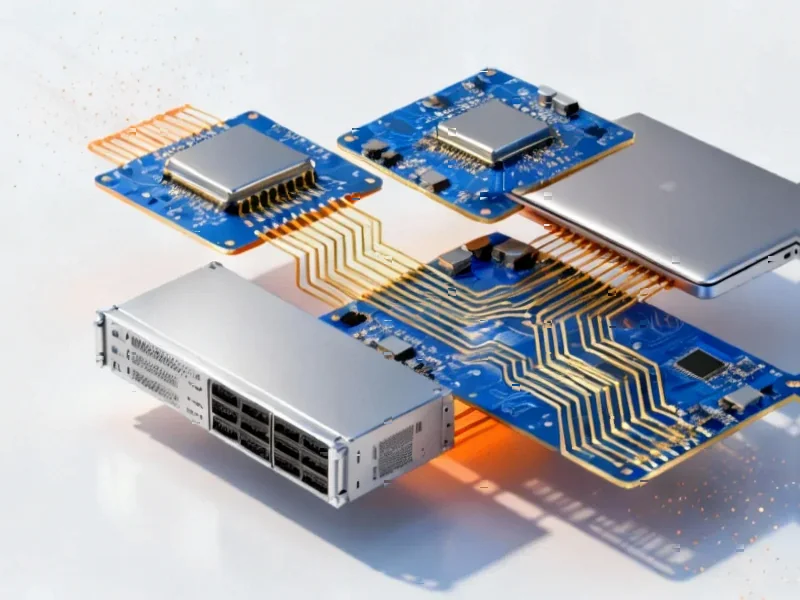According to DIGITIMES, Foxconn Technology Group Chairman Young Liu called for closer Taiwan-Japan collaboration in electric vehicle development during his speech at the Nikkei Forum in Tokyo. He revealed that Foxconn has reduced China’s share of its total output from nearly 100% three decades ago to about 65% today through expansion into India, Vietnam, and Mexico. Liu outlined Foxconn’s strategy to remain a design and manufacturing service provider rather than a branded automaker, positioning as partner to both global carmakers and EV startups. He discussed how AI is transforming operations through both generative AI for daily functions and disruptive AI that reshapes business models. Liu specifically praised the synergy between Taiwan’s agile ICT sector and Japan’s automotive precision for next-generation EV production.
<h2 id="foxconns-manufacturing-shift”>The great manufacturing migration
Here’s the thing about that China production number: going from nearly 100% to 65% is a massive strategic shift for a company of Foxconn’s scale. They saw the geopolitical writing on the wall years ago and started diversifying when others were still debating whether to move. And they’re not done yet – Liu made it clear that labor availability and government policy remain top factors in site selection, alongside client consultations.
Basically, Foxconn is playing a global chess game while everyone else is playing checkers. They’re setting up manufacturing hubs that serve regional markets while reducing dependency on any single country. Smart move, honestly. Who wants all their eggs in one basket when trade tensions can flare up overnight?
The EV playbook
Now here’s where it gets interesting. Foxconn isn’t trying to become the next Tesla or Toyota. They’re sticking to what they know best: being the behind-the-scenes manufacturing powerhouse. Think about it – why compete with your customers when you can partner with them?
Liu’s vision of combining Taiwan’s ICT agility with Japan’s automotive precision makes perfect sense. Taiwan knows how to move fast with electronics and software, while Japan brings decades of automotive manufacturing excellence. Put them together and you might actually have something that can challenge both legacy automakers and Chinese EV manufacturers.
AI’s two faces at Foxconn
What struck me about Liu’s AI comments was how they’re categorizing it into two distinct buckets. There’s the everyday stuff – meeting transcription, translation, data collection – that’s basically making existing processes more efficient. Then there’s the disruptive AI that could completely change how they do business.
But here’s my question: when does generative AI cross over into becoming disruptive? The line seems pretty blurry. A tool that starts by transcribing meetings might eventually be analyzing negotiation patterns or predicting supply chain disruptions. Foxconn seems to understand that AI isn’t just another tool – it’s potentially transformative in ways we’re only beginning to understand.
What this means for the EV race
So where does this leave us? Foxconn is clearly betting big that the future of automotive manufacturing looks more like electronics than traditional car making. They’re positioning themselves as the essential partner for anyone who wants to build EVs without building massive factories.
The Taiwan-Japan alliance concept is compelling, but execution will be everything. Can these two very different business cultures actually combine their strengths effectively? If they can, we might be looking at a new powerhouse in the global EV supply chain. If not, well, it’s another interesting idea that never quite delivered.




